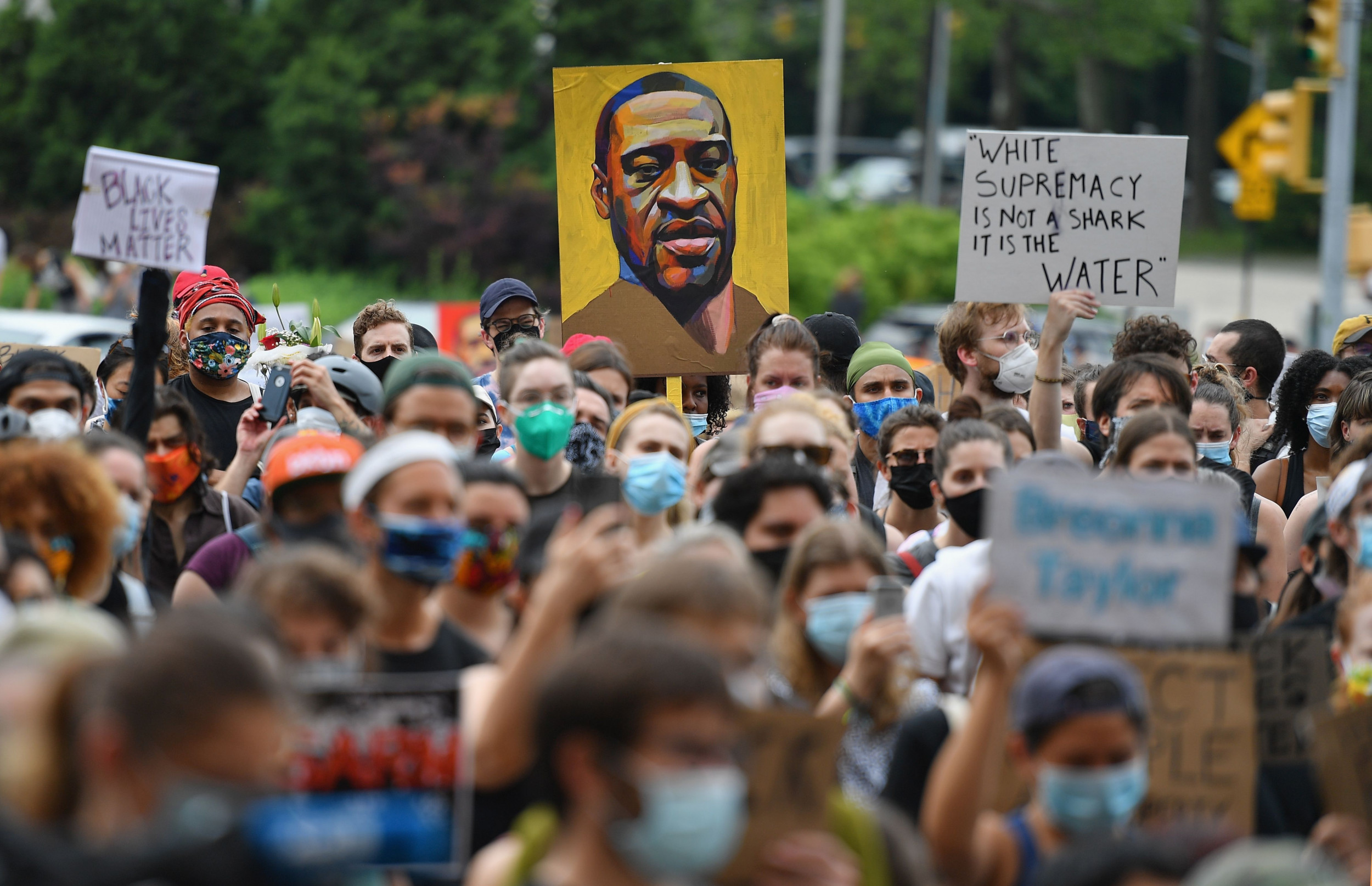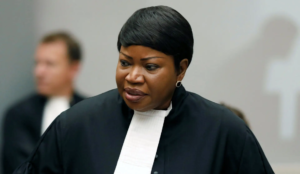As protests fill streets across the United States, some people looking to deny systemic racism are resurfacing a false, pernicious myth—one that places blame for the biggest problems facing the black community on black men. It’s the myth that most black dads are absent from their children’s lives.
Perhaps most prominently, the focus on allegedly absent black fathers was offered up again this week by the right-wing PragerU in a video by radio host Larry Elder, who did what so many other people who believe this myth do: conflate marriage statistics with fatherlessness. (No hyperlink here; I generally do not link to misleading data.)
In writing my bookAll In, I looked into a wide range of statistics about fatherhood and explored the methodologies behind them to see whether they were presenting an accurate picture. Unfortunately, all sorts of statistics about fathers that are often cited by people across the political spectrum are false.
When it comes to black dads specifically, most, in fact, live with their children. A CDC study found that about 2.5 million black fathers were living with their children, and about 1.7 million were officially living apart from them.
Counting by the number of children, rather than the number of fathers, presents a different picture. The Census Bureau reports that slightly more than half of black children live in homes headed by one parent—which is usually, but not always, the mother. This is explained, in part, by “non-coresidential” fathers having more children. It’s also true that black children are more likely than others to be born out of wedlock.
But neither of these things make children fatherless.
Millions of kids live with their fathers half the time, or at least part of the time, through joint custody arrangements. But children generally have one legal address, which is particularly important for purposes of determining school districts. Most often, the legal address is the mother’s. This is a major reason that fatherlessness statistics in general are overblown. Fathers’ homes all too often are not counted officially as being “homes with children.” (Also, some unmarried couples live together, making the marriage statistics even more misleading.)
Meanwhile, among fathers who live with their children, black dads are in many ways the most involved in their kids’ lives. “Black fathers (70 percent) were most likely to have bathed, dressed, diapered, or helped their children use the toilet every day compared with white (60 percent) and Hispanic fathers (45 percent),” the CDC study found. Also, more black fathers than white fathers took their children to or from activities every day and helped their kids with homework every day.
The lead researcher told me this study marked “the debunking of the black-fathers-being absent myth.”
“Fatherless” can mean different things to different people. At what point is a child fatherless? Seeing dad only once a month? Never? Some kids who live with their fathers sometimes feel fatherless. Still, given that many kids who live separately from their fathers don’t see them—or at least don’t see them often—statistically, “fatherlessness” is more common among African-American families than among others.
But that brings us to a second problem with trying to bring up fatherlessness now, amid the protests.
Broken families are an inevitable consequence of the exact kinds of problems protesters are currently standing up against. Innocent black men who are killed by police obviously won’t be there for their families. If you care about black children being fatherless, you should be supporting the protesters. George Floyd, after all, is being remembered as a good father and family man.
Black people are also more likely to be charged, tried, convicted, and sent to jail for all sorts of crimes than white people are—which, again, pulls fathers away from children. Mass incarceration is a huge part of the problem
And even in the prison complex, people are striving to be there for their children, even from behind bars. While writing All In, I spent time in a prison interviewing men who were enrolled in a fatherhood program.
None of this means that every black father is doing right by his family—no more than does every white, Latino, Asian, or any other father. Some men of all races do the wrong thing and shirk their families. In my book, I devoted a chapter to the story of one man who had multiple children with three different women, and did not raise them in their early years. Later, he realized how wrong he was. He spent years working hard to repair the damage and build relationships with his children. Today, he has loving relationships with them.
But it’s crucial that we make clear absence is not the norm. Active, involved parenthood is.
Those who propagate false stereotypes need a reality check. The facts are clear. The problems that protesters are railing against are not caused by black men. And if systemic reform conquers these problems, more children will have their dads at home.
Josh Levs is a consultant and the author of All In: How Our Work-First Culture Fails Dads, Families, and Businesses—And How We Can Fix It Together. He partners with Dove Men+Care on projects focused on modern fatherhood, including the new #DadsCare campaign: highlighting videos of dads sharing parenting tips during the COVID-19 pandemic.
The views expressed in this article are the author’s own.




